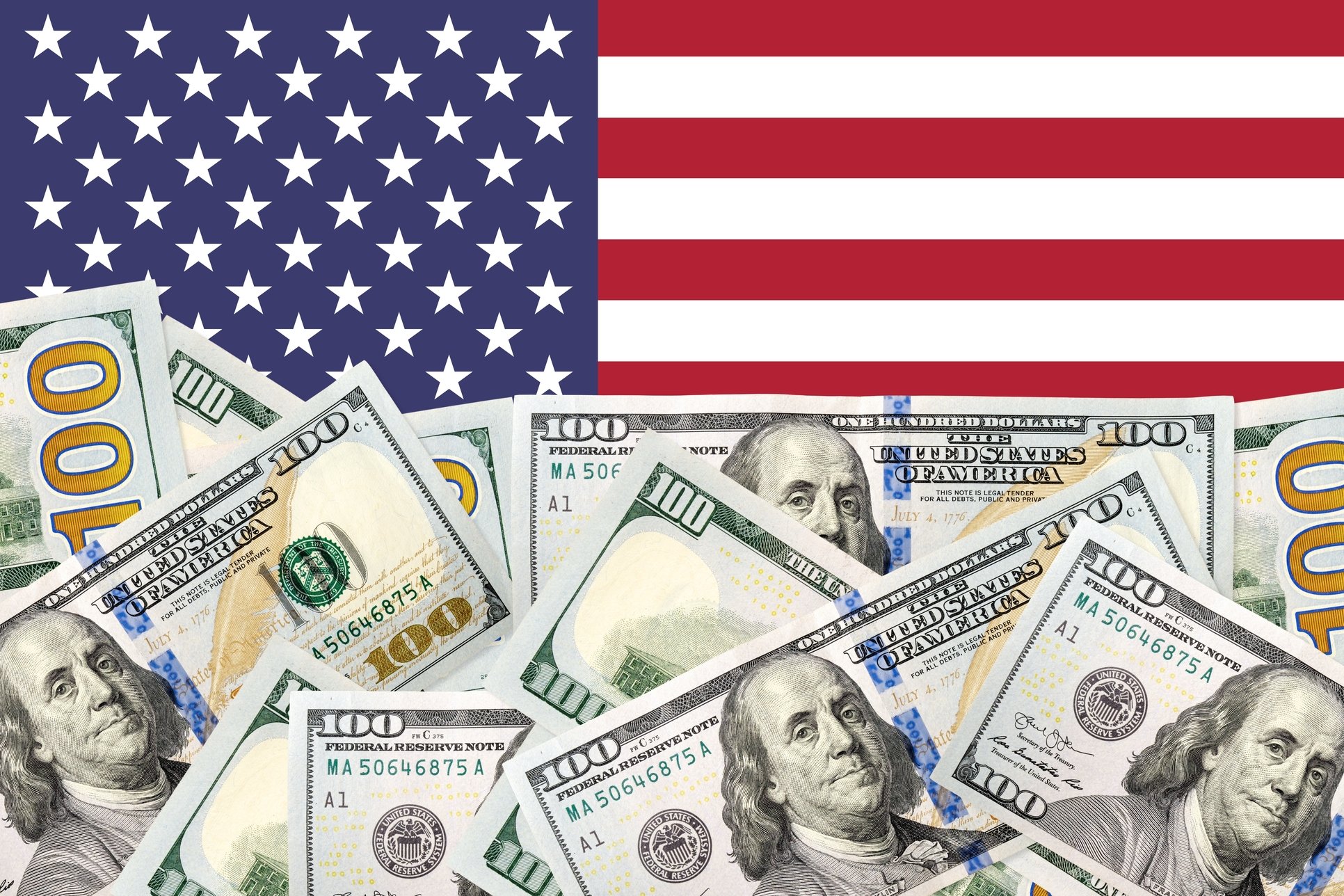The upcoming presidential debate between President Joe Biden and former President Donald Trump promises to shed light on their tax policies. Voters are eager to hear how each candidate plans to address critical issues like the expiring tax breaks from the 2017 Tax Cuts and Jobs Act (TCJA). Experts predict that this debate will be pivotal in revealing the future of American tax policy.
Expiring Tax Breaks: What’s at Stake?
A major point of contention is the fate of the TCJA provisions, which are set to expire after 2025. This includes lower federal income tax brackets, an enhanced child tax credit, and higher estate and gift tax exemptions. According to the Tax Foundation, more than 60% of tax filers could face increased taxes in 2026 if these provisions are not renewed.
Andrew Lautz, associate director for the Bipartisan Policy Center’s economic policy program, emphasizes the need for both candidates to address these issues substantively. He said, “I’m looking for Biden and Trump to move beyond some of the political rhetoric to discuss how they plan to address next year’s TCJA expirations.”
The Cost of Extending Tax Cuts
While both campaigns show an interest in extending the TCJA provisions for most Americans, the financial implications are significant. The Congressional Budget Office estimates that fully extending these provisions could add approximately $4.6 trillion to the deficit over the next decade. This raises concerns about how each candidate plans to balance tax cuts with the growing federal budget deficit.
Biden’s Predictable Tax Agenda
Steve Rosenthal, senior fellow at the Urban-Brookings Tax Policy Center, noted the predictability of Biden’s tax proposals. “There will be very few surprises from the Biden tax agenda,” he said. Biden has consistently advocated for higher taxes on the ultra-wealthy and corporations to fund TCJA extensions for those earning less than $400,000 annually.
In his fiscal year 2025 budget, Biden proposed increasing the top individual income tax rate on earnings above $400,000, aligning capital gains with regular income tax rates for households making over $1 million, and imposing a 25% minimum tax on wealth exceeding $100 million. However, the feasibility of these proposals depends heavily on the control of Congress.
Trump’s Unpredictable Tax Proposals
Conversely, Trump’s tax policy remains a wild card. Rosenthal remarked, “It’s hard to say how serious he is about some of these ideas he just throws out there.” Trump has expressed intentions to fully extend expiring TCJA provisions and supports tariffs on imported goods. Additionally, he has suggested eliminating taxes on workers’ tips and implementing an “all tariff policy” to replace the income tax.
Tariffs and Their Economic Impact
Another critical topic likely to surface in the debate is the candidates’ stance on tariffs. Both Trump and Biden have supported tariffs to varying degrees. Erica York, senior economist and research director with the Tax Foundation’s Center for Federal Tax Policy, highlighted the economic drawbacks of tariffs. “We know the economic reality,” she said. “[Tariffs] cost American businesses. They create a disadvantage for our firms trying to compete across the globe because they increase input costs here.”
During his term, Trump imposed tariffs on China, Mexico, the European Union, and others, many of which have remained under the Biden administration. The debate could clarify how each candidate plans to handle tariffs moving forward.
As Biden and Trump prepare to debate, the nation watches closely to understand their plans for tax policy. With significant financial implications and differing approaches, their proposals will play a crucial role in shaping the future economic landscape of the United States. Voters will be keen to see beyond the rhetoric and understand the concrete steps each candidate intends to take.







